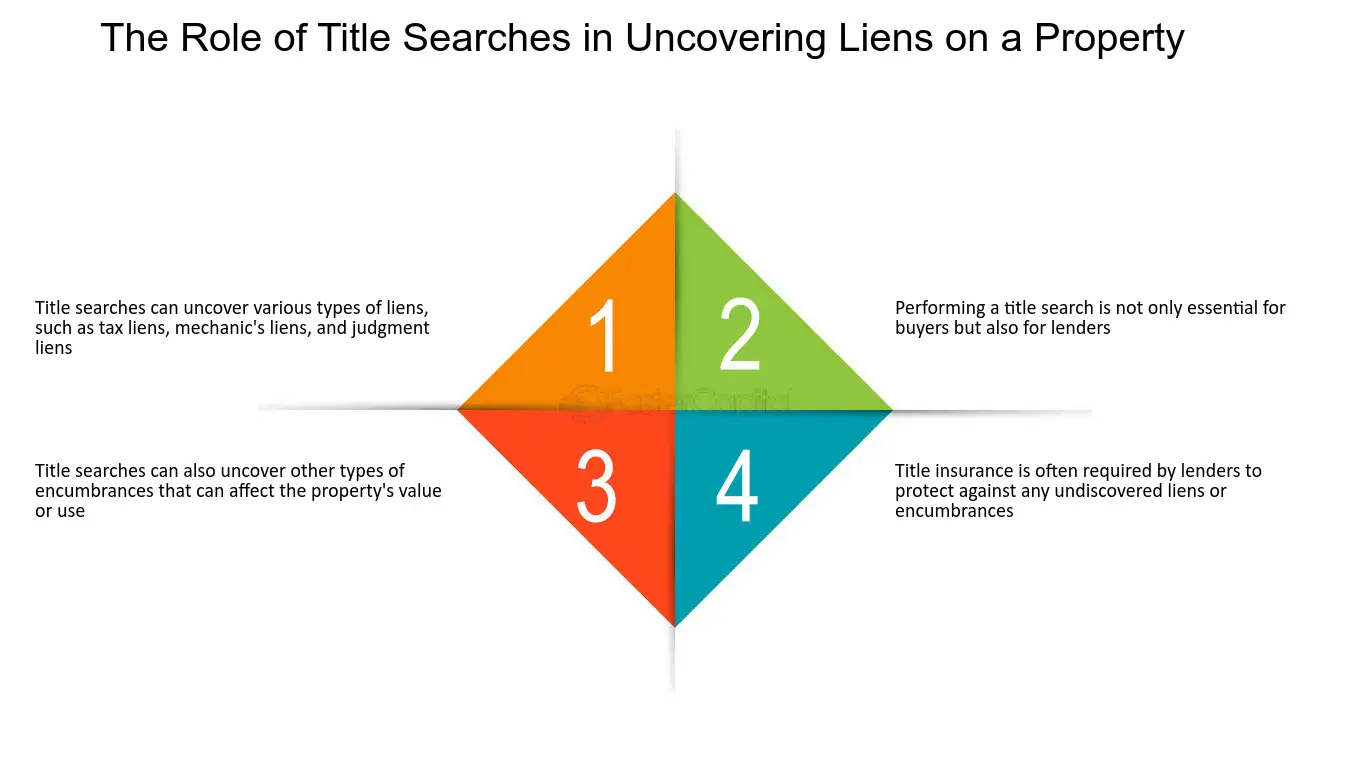When you take out a mortgage to buy a home, a common question is: “Who owns the house — the homeowner or the lender?” It’s an important question that touches on property rights, legal titles, and financial responsibilities.
In this post, we’ll explain clearly who owns a house with a mortgage , how ownership works, and what changes once the mortgage is paid off.
Who Owns the House When There’s a Mortgage?
✅ Short Answer:
You own the house.
Even if you have a mortgage, you are the legal owner of the property. However, the lender holds a lien on the home until the loan is fully paid.
Think of it like this:
🔐 You have full ownership — but the lender has a legal claim (lien) against the property until the debt is satisfied.
How Mortgage Ownership Works
Here’s a breakdown of how ownership and mortgages interact:
| 1.Buying the Home | You purchase the home using a combination of your down payment and a mortgage loan. |
| 2.Title Registration | The property is titled in your name (or shared with co-owners). |
| 3.Mortgage Filing | The lender files amortgage or deed of trustwith the county, placing a lien on the property. |
| 4.During Loan Term | You live in and maintain the home, pay taxes and insurance, and make monthly mortgage payments. |
| 5.Loan Repayment | Once the mortgage is paid in full, the lien is removed, and you own the home free and clear. |

Key Terms to Understand
🏠 Legal Owner
You — the homeowner — are the legal owner of the house from day one. This means you can sell it, rent it, or leave it in your will.
⚖️ Lien Holder
The lender is the lien holder. They don’t own the house, but they have the right to foreclose if you fail to repay the loan.
📜 Deed vs. Mortgage
- Deed : Transfers ownership of the property to you.
- Mortgage/Deed of Trust : Secures the loan and gives the lender the right to take possession if you default.
What Happens When the Mortgage Is Paid Off?
Once you’ve made your final mortgage payment:
- The lender prepares a Release of Lien document.
- The release is filed with the local county recorder’s office.
- The lien is officially removed from your property.
- You now own the home outright , with no debts tied to it.
Final Thoughts
Yes, you own the house even when you have a mortgage . The lender only holds a legal claim (lien) until the loan is paid in full. As the homeowner, you retain all rights to use, sell, and pass on the property — as long as you continue to meet your mortgage obligations.
Understanding how ownership works helps you make informed decisions about buying, selling, and managing your home over time.
Frequently Asked Questions (FAQs)
Q1: Does the bank own my house if I have a mortgage?
No, you own the house. The bank holds a lien on the property until the mortgage is paid off.
Q2: Can I sell my house if I still have a mortgage?
Yes, most homes are sold while still under a mortgage. The loan is paid off at closing using the proceeds from the sale.
Q3: What happens to the mortgage when I die?
Your heirs inherit the home and can choose to keep it by refinancing or sell it to pay off the mortgage.
Join The Discussion